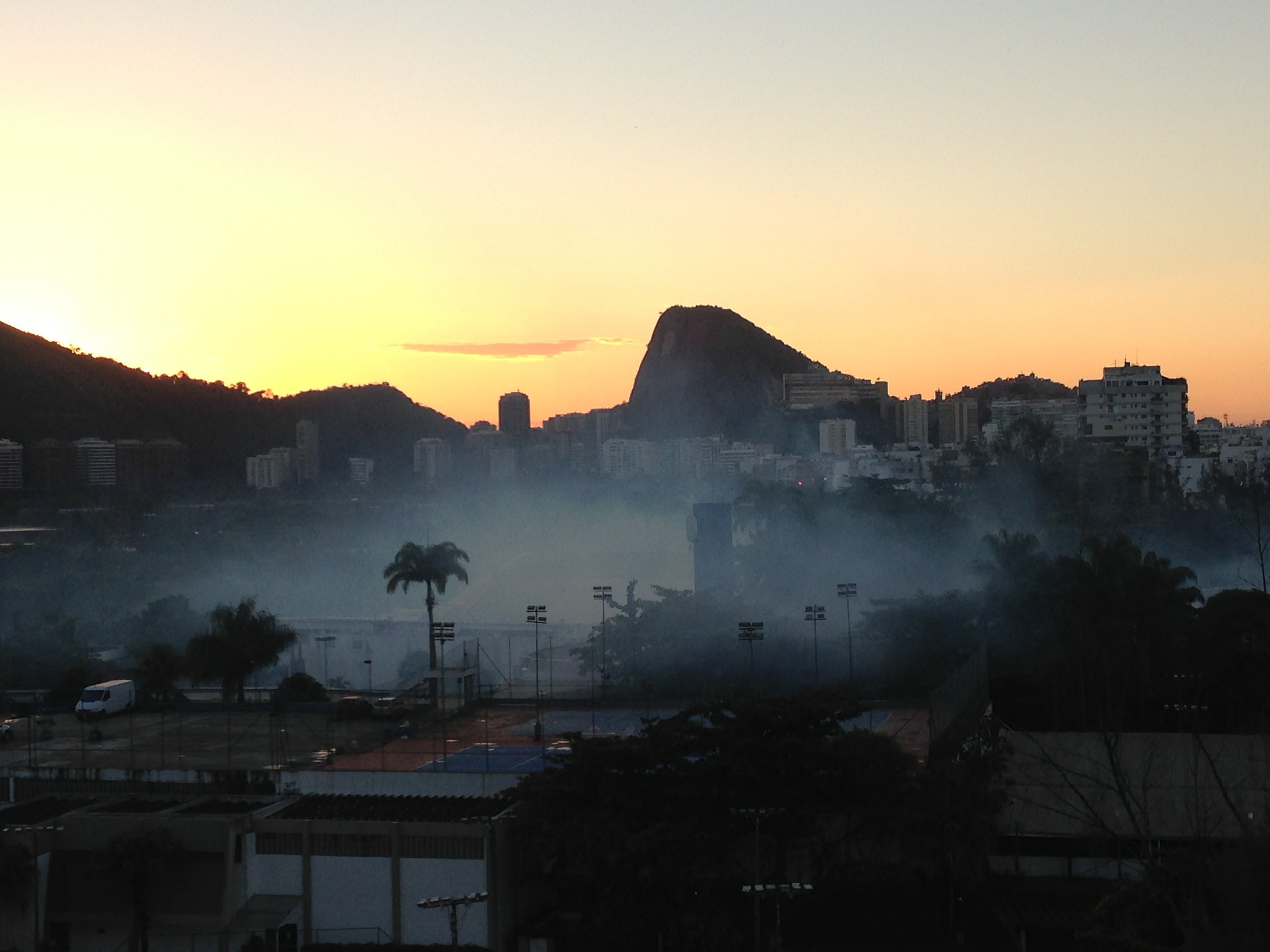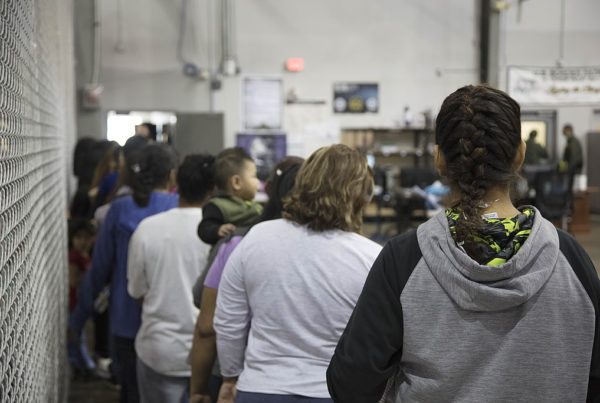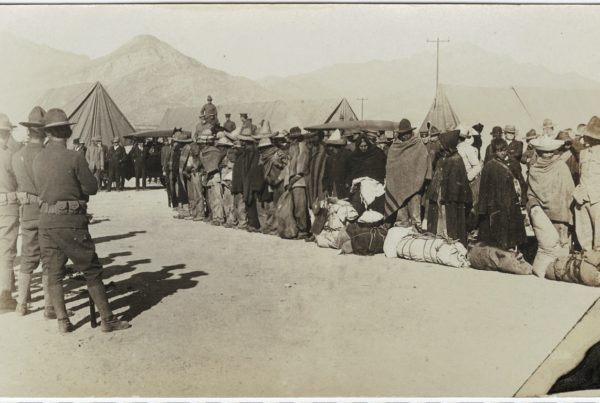It’s a bittersweet Independence Day today for Brazilians. On Sunday morning, a fire ravaged the National Museum of Brazil, which left nearly 20 million of the country’s scientific and natural-history artifacts in ashes.
Fernando Lara, a Brazilian, and an associate professor of architecture at the The University of Texas at Austin, says it wasn’t the most elegant museum – its exhibits showed visible signs of wear and tear. But it meant a great deal to some locals, especially those who lived nearby in northern Rio de Janeiro.
“It was not a flashy museum [in] a fancy part of town,” Lara says. “Wealthy people didn’t go to that museum at all. It was a museum that was used by the researchers, and by the working-class people that live around the area.”
Lara says the museum was originally a castle built around the time of Brazil’s independence in 1822. He says it held a range of collections.
“There were very important documents there,” Lara says. “The natural-history collection, the entomology, the birds, the dinosaurs – everything was fantastic.”
It also housed a graduate program in anthropology, which, Lara says, has published important research in the field.
Lara says he expected something like this to happen to one, or possibly all, of Brazil’s museums. That’s because budget cuts made it hard to properly care for and preserve the artifacts.
“There was no major fire protection in the building, no fire-retardant doors, no major sprinkler system, which is complicated for a place that has documents right?” Lara says.
Lara says it is challenging for libraries and museums to find ways to stop fires because water-based sprinkler systems pose a risk of destroying delicate materials. But Lara says some of the fault lies with the firefighters who weren’t able to contain the flames. He says fire consumed the building much more quickly than it should have.
Lara says part of his own work at UT Architecture is learning U.S. fire codes and finding ways to install systems so that they’re effective in different kinds of buildings.
“Preservation issues here have to adapt to contemporary laws and regulations,” Lara says.
He says Brazil has tried to do the same, but with fewer resources. That can “have serious consequences,” Lara says.
Written by Acacia Coronado.

















